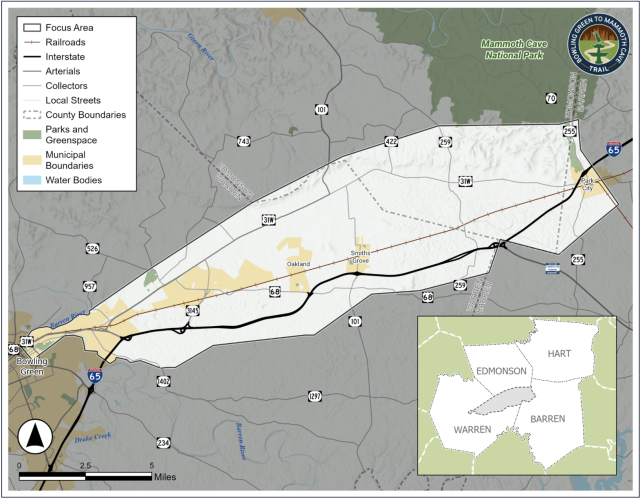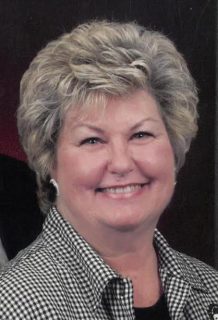WKU Agriculture Department adding beehives at farm
Published 12:00 am Wednesday, April 20, 2011
John Pace has things buzzing at the Western Kentucky University Farm.
Pace, a graduate student in agriculture, installed 10 beehives at the farm. Five hives were placed near the student garden and five more were placed near the vineyard. Each hive houses 10,000 to 11,000 honeybees.
The installation on April 9 was the start of a three-year plan to establish a working apiary at the WKU Farm.
“I view this as one more thing we can show our students and give them another option they can do on their farms or in agriculture,” said Dr. Jack Rudolph, head of WKU’s Agriculture Department.
The apiary will be used for research, education and honey production. The bees also will be able to pollinate the expanding grape vineyard as well as the farm’s gardens and crops, Dr. Rudolph said.
Pace, who works as a manufacturing support specialist in WKU’s Department of Architectural and Manufacturing Sciences, is using his experience in beekeeping in his pursuit of a master’s degree in agriculture. Pace got his first beehive in 1991 and has numerous hives around Glasgow and Barren County.
“John’s expertise in beekeeping and his interest in conducting his master’s research in that area ties in well with our interest in vegetable and grape production, our student sustainability garden and our greenhouses and floral production,” Dr. Rudolph said.
The project is being supported by a grant from the Kentucky Department of Agriculture.
Pace said the goal is to expand to 15 hives this year, 20 next year and 25 by the third year. Honey production will begin next year.
The addition of an apiary is one more example of the diversification in the Agriculture Department and at the farm, Dr. Rudolph said. A floral design training center will open soon on campus; a vineyard is producing grapes; vegetables grown at the farm will be sold at a farmers market opening at the WKU Center for Research and Development; and the Charles L. Taylor Center is being renovated to serve as a cheese production facility.
“Our whole push has been to get our students closer to the dinner table in terms of the product they’re producing,” Dr. Rudolph said.






